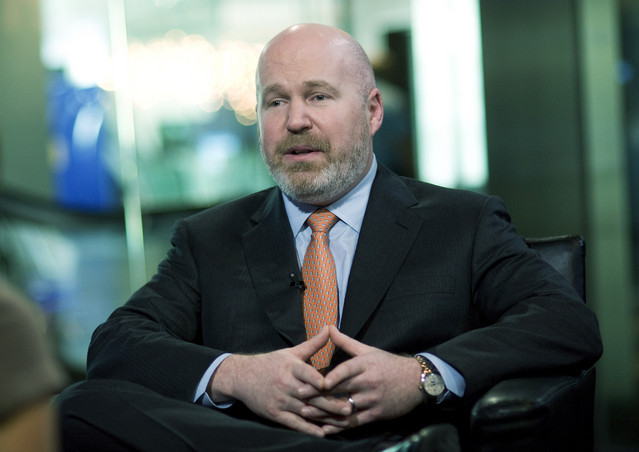Hedging on Hedge Funds postscript on correlations beta and alpha
by Clifford Asness, Ph. D. AQR Capital Management, Inc.
After my last piece on hedge funds I’ve gotten a lot of questions that often come down to the issue of “beta” versus “correlation” with the market and, more generally, about “alpha.” I thought I’d share a version of my typical response.
First, in response to many otherwise good questions that I think confuse correlation with beta, they are not the same. As an example — for a fund that is 10% long stocks and 90% cash, the beta of the fund is 0.1, but the correlation to stocks is 1.0 as stocks drive all the variability (in excess returns). Similarly, a fund that is 40% long stocks and 60% cash has a beta of 0.4, but that fund still has a 1.0 correlation to stocks.
Beta measures how much, on average, a fund responds to stock market moves, correlation measures how “tight” that response is. To go the other way from the prior examples you could have a beta of 0.4 with stocks, perhaps being net long 40% stocks, but with massive additional offsetting long and short positions that don’t change your beta (as they are offsetting!) but make it so that your 0.4 beta doesn’t tell you very much about your subsequent returns (i.e., a low correlation).
Now, for a real world example; hedge funds are generally net long about 40% of the stock market. As a result, they usually have a beta of about 0.4. The rest is not in cash, as in my example above, but instead hedge funds attempt to do “other things.” Say those other things are taking long and short positions that balance such that they have no direct equity market exposure. This does not change the fund’s beta of 0.4, but can impact the fund’s correlation to stocks. If they do a lot of these other things their correlation with the stock market is lower than if they do little of these other things.
Either way, their beta remains 0.4 and comparing them to 40% of the stock market makes sense as that represents their exposure to the market. Ideally, in my view, hedge funds should just do the other things and have no market exposure, a 0.0 beta, but whether at 0.0 or 0.4 beta they will look relatively worse than the stock market during big bull runs. Again, that's not the point — any diversification from an ex post bull market tends to look bad.
Ultimately, it is these other things that really matter, as you can think of the hedge fund above as being the market plus another source of return uncorrelated to the market. If that other source of return also reliably produced positive returns over time, it would qualify for the (overused term) "alpha." It is these other things, delivering alpha, for which you should (perhaps!) pay hedge fund fees, not for the beta.[1]
One of the criticisms I think legitimate is that hedge funds are doing less of these other things nowadays and so this alpha (both attempted and realized) has been smaller making correlations (but not beta) go up, as if you do fewer other things but stay the same 40% net long the market now explains more of your variability, and the value proposition in hedge funds is probably worse now (I show that here).
I hope this helps! Alternatively, at the least, I hope I haven’t made it worse.
Cliff
[1] An additional subtlety is whether these other things are truly unique “alpha” or rather straightforward known strategies. I’ll leave that to revisit (yet again) another day.
This post was originally published at AQR Capital
Copyright © AQR Capital














